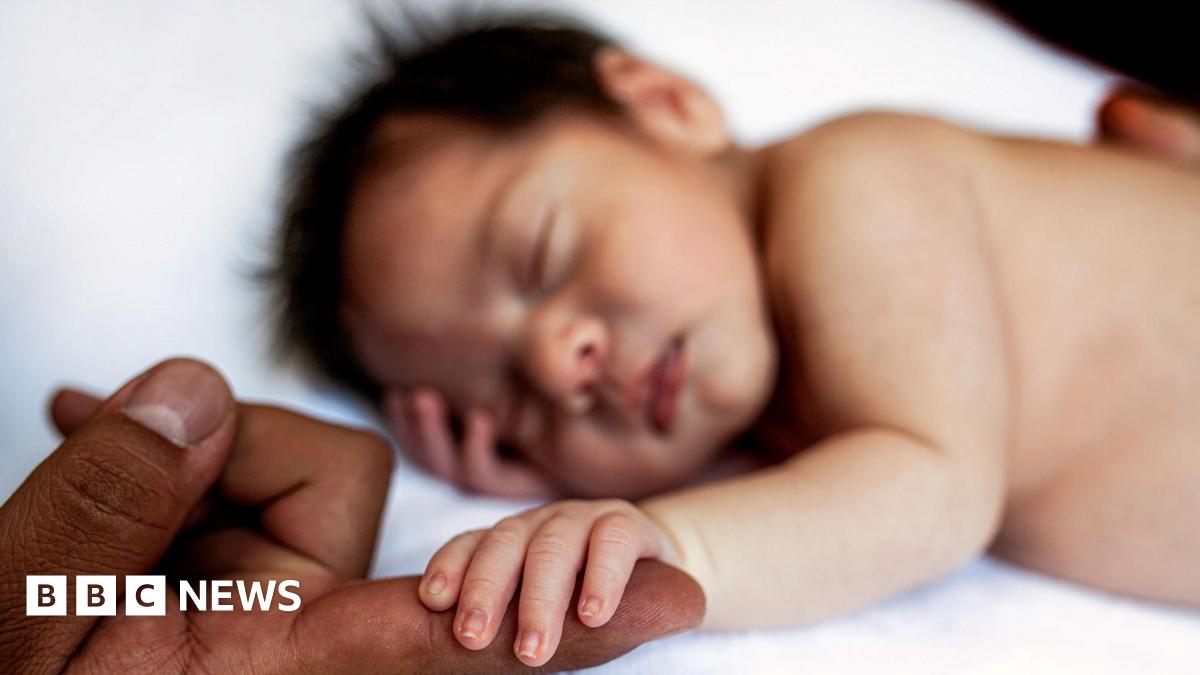The guidance also looks at fertility preservation services (for example freezing eggs, embryos or sperm) which are currently mostly offered to people with cancer.
The updated draft suggests these treatments should also be offered people with medical conditions or undergoing treatment that can impair their fertility.
This includes women with severe recurrent endometriosis, people who have had surgery that can affect their reproductive organs and those with genetic or metabolic conditions that may affect their chances of having a baby.
People who feel they may benefit should have discuss the options available with healthcare professionals, NICE says.
The updated guidelines also consider who should be offered IVF.
NICE’s committee found stronger evidence than has previously been available that three full cycles of IVF give couples a good chance of a baby, and that the treatment represents good value for the NHS.
NICE recommends:
-
three full cycles of IVF for women under 40 if they have fertility problems and meet certain criteria
-
one full cycle of IVF for women aged 40 and 41 if they have fertility problems and meet certain criteria
While NICE provides recommendations on this, funding decisions are taken locally by organisations called integrated care boards.
NICE’s chief medical officer, Prof Jonathan Benger, said: “We recognise the NHS faces significant financial challenges and integrated care boards must weigh up local priorities when determining how many IVF cycles to fund.”
The draft guidelines for England, Wales and Northern Ireland are open for public consultation until Tuesday 21 October and the final recommendations will be published in 2026.
